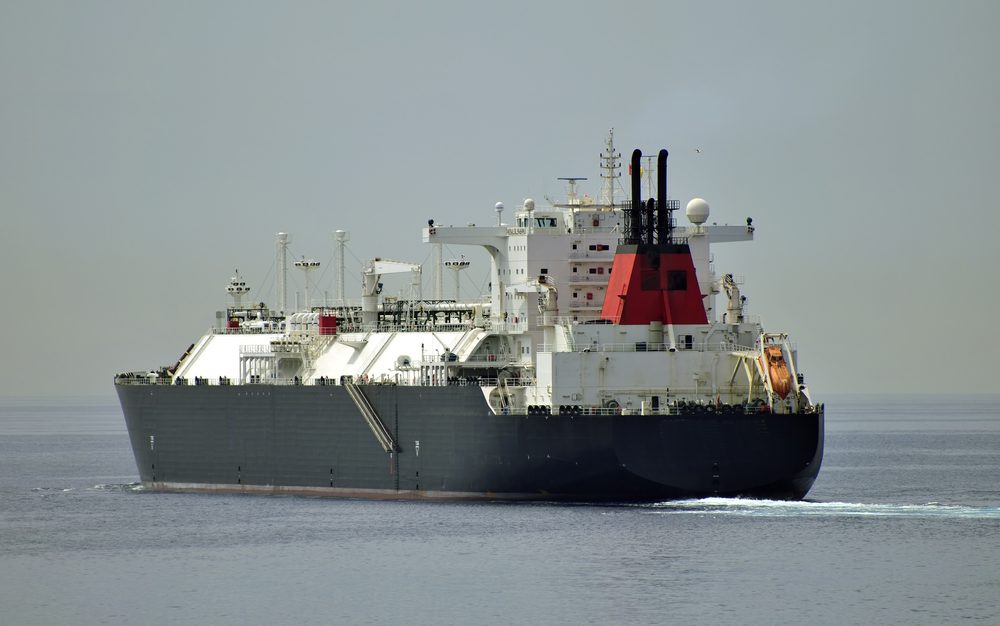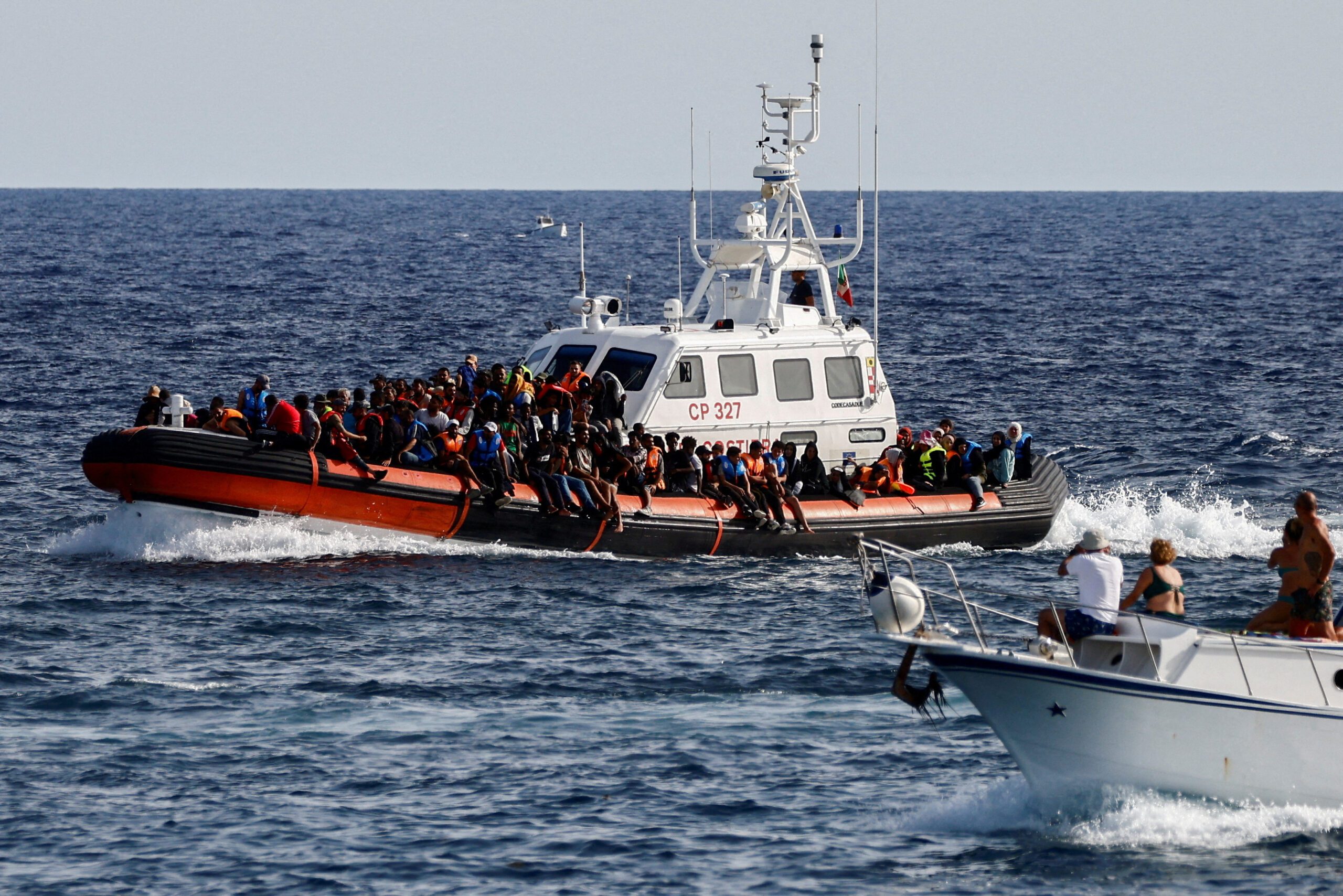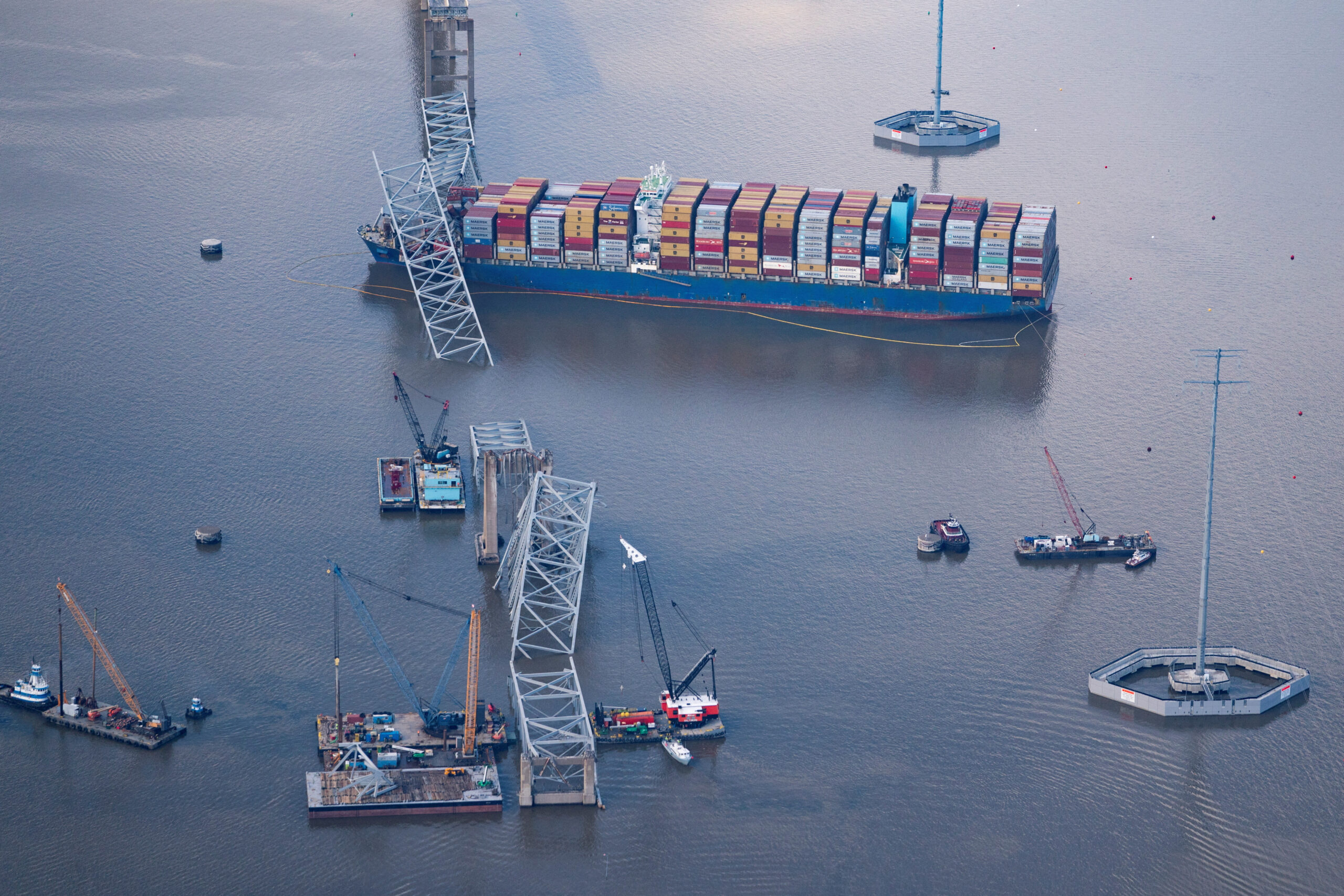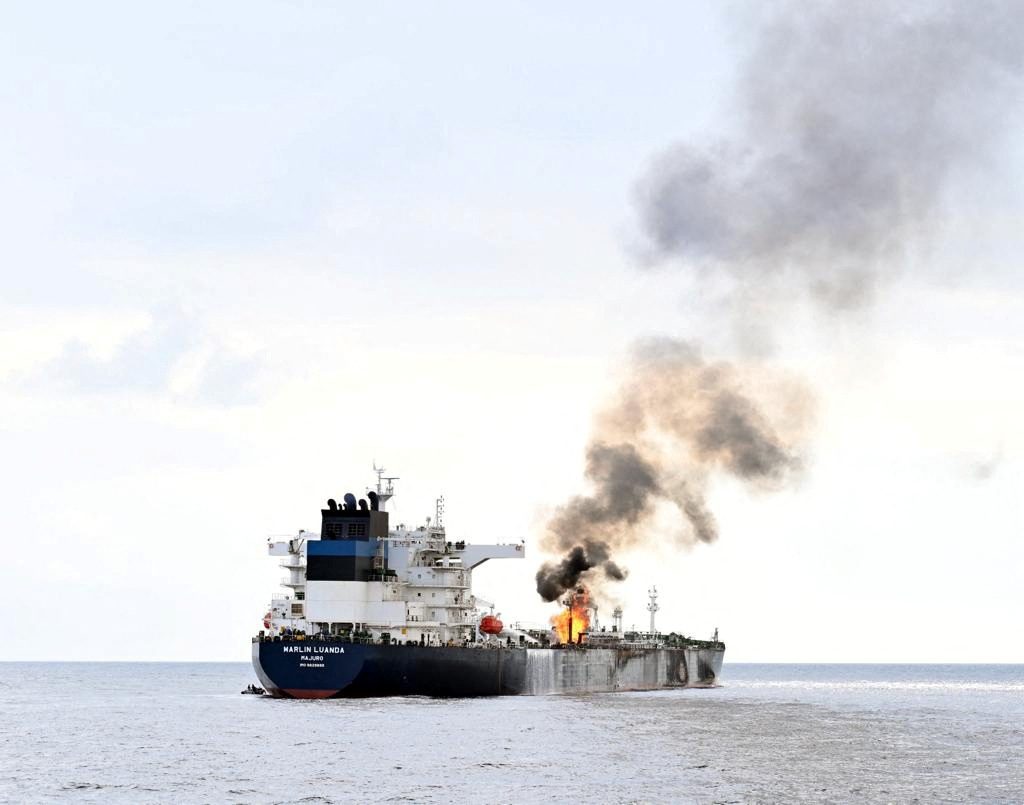The United States Congress signaled last week its firm intention to approve major free trade deals with Asia and Europe.
But the global trade association for merchant ship operators, the International Chamber of Shipping (ICS), has voiced serious concern about the potentially protectionist approach being taken by the U.S. with respect to the future transport of energy exports. U.S. energy exports by sea are predicted to expand massively as a consequence of the shale revolution.
International ship operators, represented by ICS, are particularly anxious that a regime currently being developed to promote the carriage of Liquefied Natural Gas (LNG) exports on U.S. flag ships may set an undesirable precedent should the U.S. decide to lift the current ban on crude oil exports (as is being considered by Congress at the moment).
In December 2014, President Obama signed some little noticed legislation requiring the U.S. Secretary of Transportation to implement a program to promote the use of U.S. flag ships. This is expected to prioritize the processing of licenses for new deep water LNG export facilities from those exporters that indicate they plan to use U.S. flag gas carriers, rather than ships operated by foreign shipping companies.
ICS believes that this approach is not in the spirit of the free trade commitments that the U.S. has already accepted with respect to maritime services at the World Trade Organization (WTO) and has implications bilaterally, for example, with respect to the Trans-Atlantic Trade and Investment Partnership (TTIP).
The European Commission (which represents the EU in trade negotiations) and governments of other countries with large LNG tanker fleets, such as Japan and Norway, are also concerned.
ICS says that any protectionist approach towards shipping being pursued by the U.S. might also be emulated by other energy exporters, such as Russia, Iran and Saudi Arabia. This could seriously undermine the framework of open market access and free trade principles in shipping that has facilitated the efficient transport of energy worldwide since the 1980s.
The United States is well known for restricting foreign carrier access to maritime trade between U.S. ports (under legislation known as the ‘Jones Act’ which has existed for almost 100 years). But this new and potentially protectionist U.S. approach is different because it applies to the carriage of energy exports in international trades.
Gas carriers are highly sophisticated vessels that typically cost over US $100 million each to build. In reality, the U.S. has virtually no LNG carriers capable of operating in global export markets and is likely to find them uneconomic to build. Most gas carriers today are built in Japan, Korea and China.
In practice therefore, it is possible that the initial U.S. program will lead to foreign LNG shipowners being discriminated against in other ways, such as being required to employ U.S. seafarers. (These are far more expensive to employ than their non-U.S. counterparts, despite officers on LNG carriers being amongst the very highest paid category of seafarers, regardless of their nationality.)
However, the U.S. does possess a domestic oil tanker fleet. Should a similar protectionist approach be applied to the carriage of crude oil exports, the global shipping industry fears it could be completely shut out of what is expected to be a major shipping trade worth billions of dollars a year.
Any requirement or pressure to use U.S. flag tankers would undoubtedly increase the costs of exporting U.S. energy. But ICS says that unless the United States Trade Representative (USTR) or other supporters of free trade intervene, energy companies might see this as a price worth paying in order to be permitted to export U.S. crude.
Notes:
- In December 2014, President Obama approved the Howard Coble Maritime Transportation Act of 2014, Section 307 of which introduced amendments to the U.S. Deepwater Port Act of 1974 and the U.S. Coast Guard and Maritime Transportation Act of 2006. The amendments tasked the Secretary of Transportation with the development of a general programme to promote the export of LNG on U.S. flag ships, and with the prioritisation of export licenses for facilities using U.S. flag vessels.
- In May 2015, new legislation was introduced to the U.S. Senate which proposes to lift the 50 year old ban on crude oil exports. The proposed Energy Supply and Distribution Act of 2015 has been referred to the Senate Committee on Energy and Natural Resources for further discussion.
- Last week, the U.S. Senate approved a Trade Promote Authority Bill which will allow Congress to vote only for or against finalised trade agreements negotiated by the Administration represented by the U.S Trade Representative (USTR), rather than allowing Congress to amend these agreements. This important decision increases the likelihood of the U.S. ratifying both the Trans-Pacific Partnership (TPP) and the Trans-Atlantic Trade and Investment Partnership (TTIP), once these ground breaking regional agreements have been fully negotiated, perhaps within the next 12 months.
- The International Chamber of Shipping (ICS) is the principal international trade association for merchant shipowners. ICS membership comprises 37 national shipowners’ associations in Asia, Europe and the Americas, whose member shipping companies operate over 80% of the world’s merchant tonnage. ICS represents all shipping sectors and trades, including oil tanker and LNG carrier operators.
Unlock Exclusive Insights Today!
Join the gCaptain Club for curated content, insider opinions, and vibrant community discussions.

 Join The Club
Join The Club













